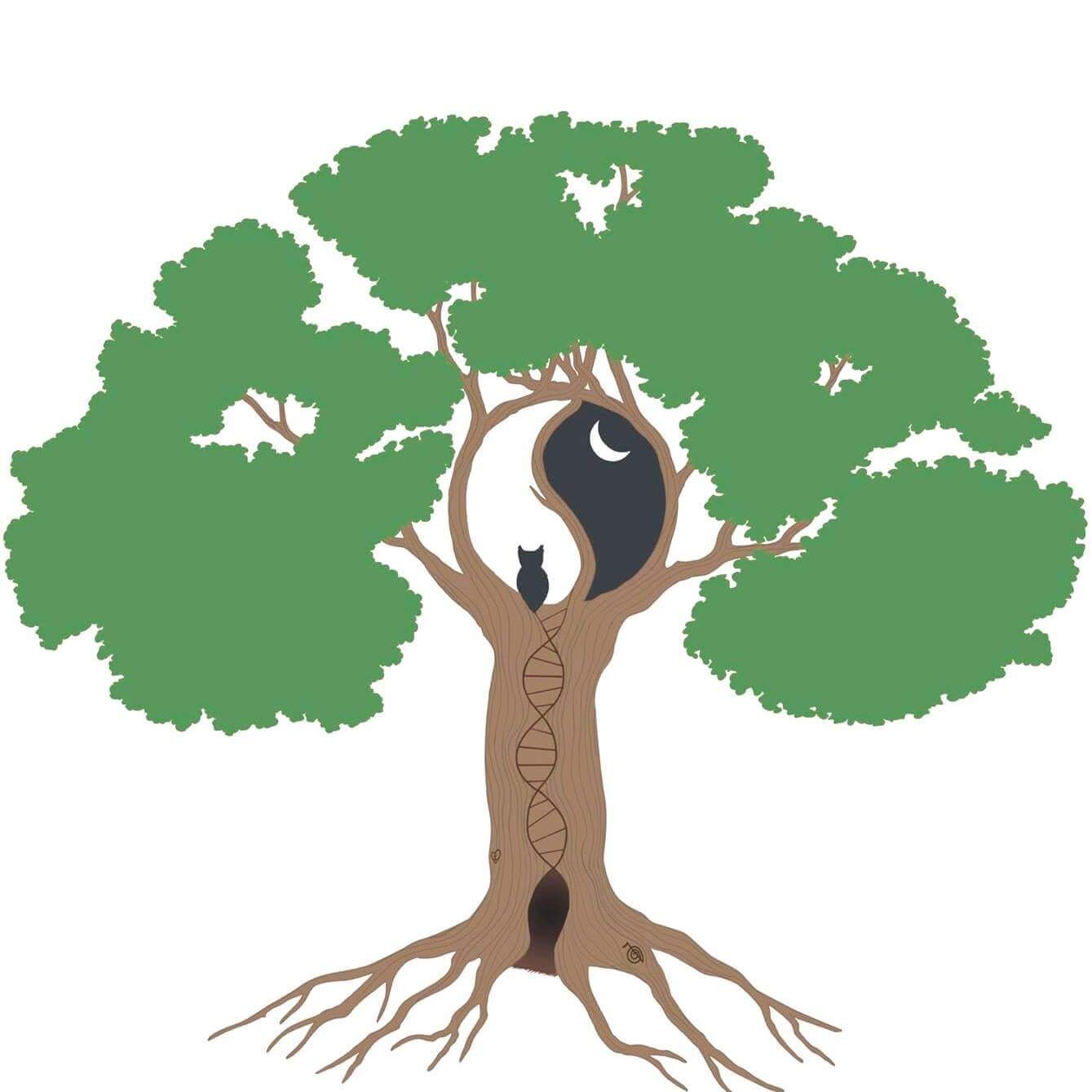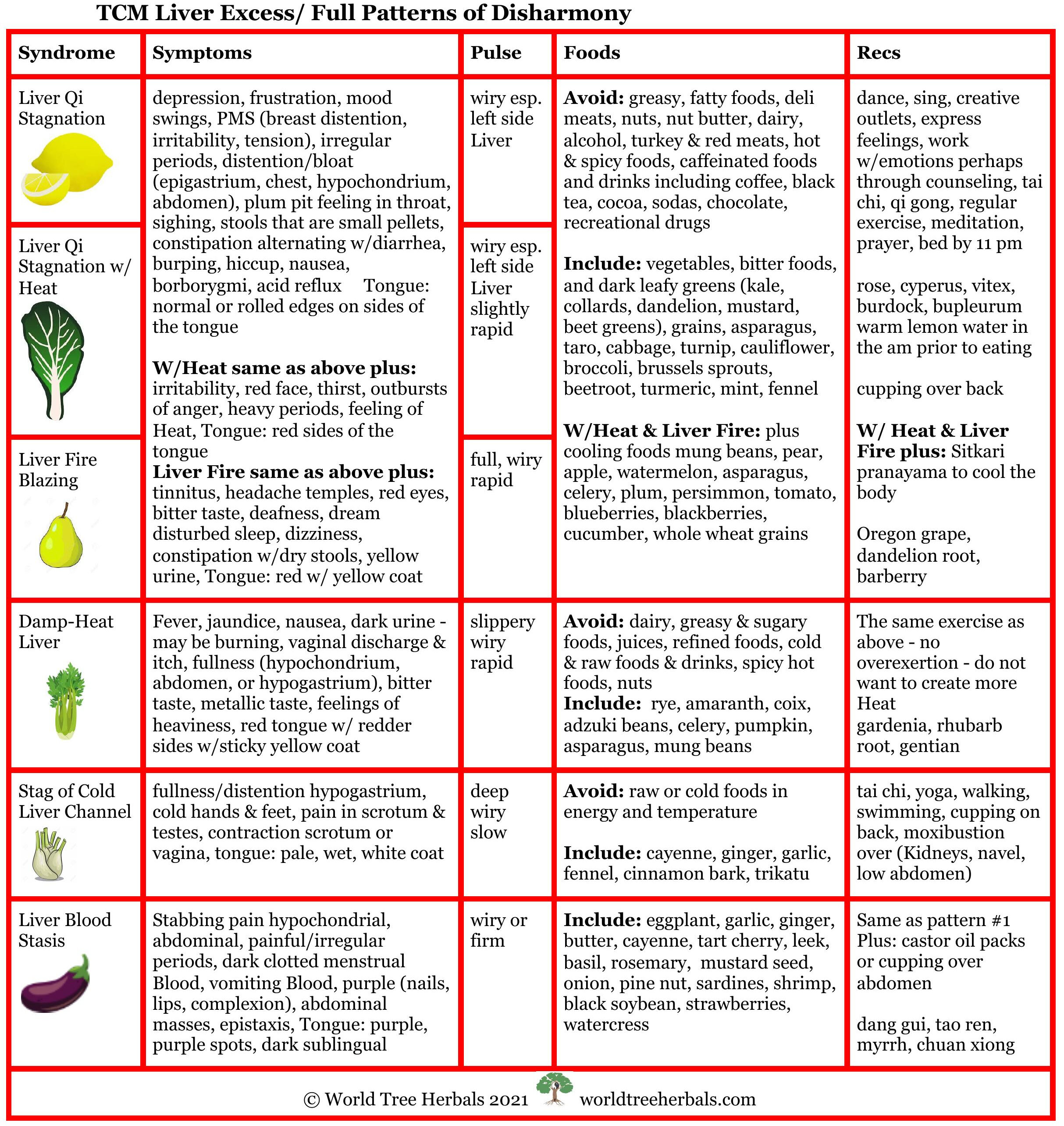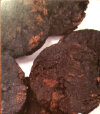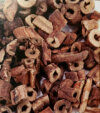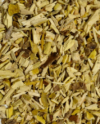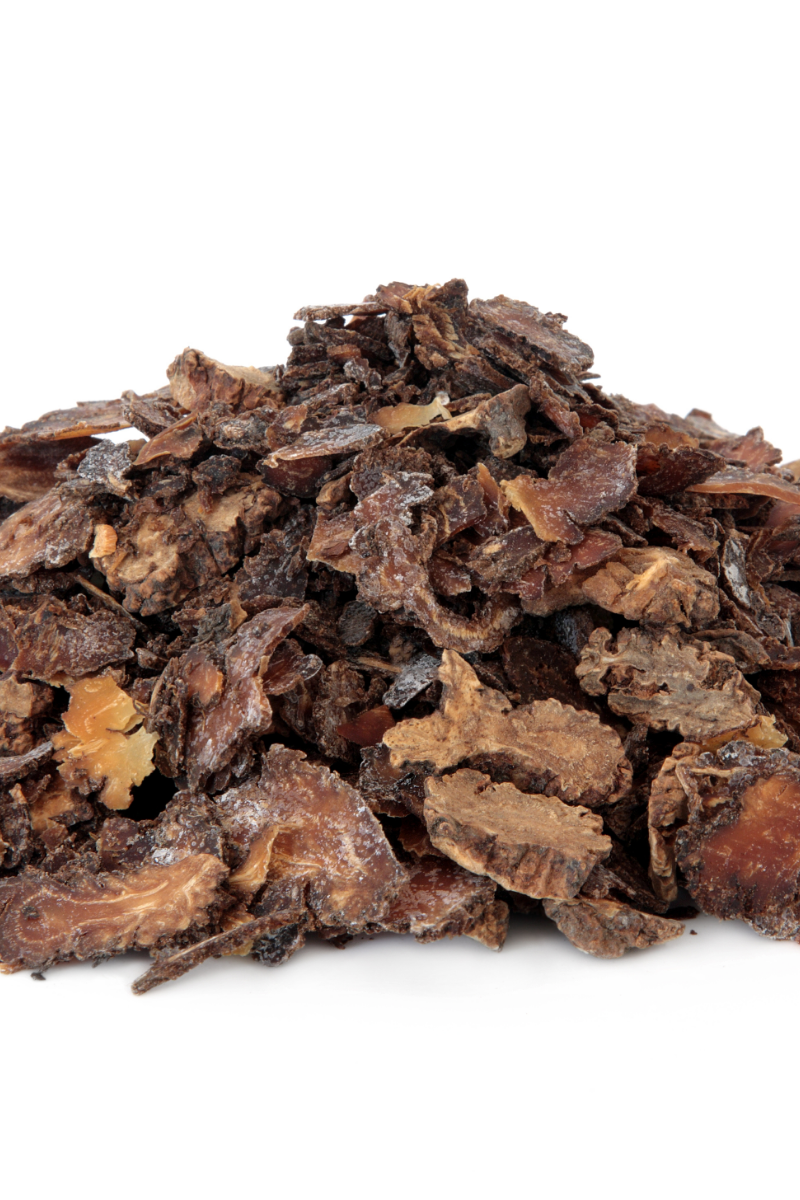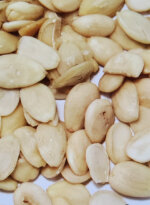I’m often asked, “what can I take for my cold/flu,” and I always answer, “it depends.” Cold/flu symptoms change quickly, which means the herb(s) you use should too. We want symptoms to change for the better; however, a quick change can be for the worse if the wrong herb is used.
One part of a cold and the flu is mucus. Here are some helpful herbs to include in a well-balanced formula for a cold or the flu based on the color and texture of your mucus.
Today I’m sharing herbs primarily for clear to white mucus that is either profuse or little amounts and/or difficult to expectorate.
𝗪𝗮𝘁𝗲𝗿𝘆 𝗽𝗿𝗼𝗳𝘂𝘀𝗲 𝗺𝘂𝗰𝘂𝘀 = 𝗰𝗹𝗲𝗮𝗿 𝘁𝗼 𝘄𝗵𝗶𝘁𝗲 + 𝘄𝗲𝘁 𝗰𝗼𝘂𝗴𝗵
Thyme - antiviral, diaphoretic, expectorant, antiseptic, antifungal, drys sinuses, rich in essential oil thymol = antibacterial
Ginger- anti-inflammatory, expectorant, antispasmodic, diaphoretic, transforms Phlegm
Purple Perilla Seed - anti-inflammatory, antitussive, antiseptic, transforms Cold-Phlegm
Osha- antibacterial, expectorant, antiviral, diaphoretic as well as a bronchodilator, transforms Phlegm, stops cough, and clears toxins ** this is a very drying herb
Orange Peel - drying, and has a pleasant flavor
Angelica arc. - diaphoretic, expectorant, anxiolytic, analgesic, releases the exterior, warms and transforms Phlegm
Yerba Santa - expectorant, antispasmodic, transforms Cold Phlegm, stops cough
𝗦𝘁𝗶𝗰𝗸𝘆 𝘄𝗵𝗶𝘁𝗲 𝗺𝘂𝗰𝘂𝘀 𝘁𝗵𝗮𝘁 𝗶𝘀 𝗵𝗮𝗿𝗱 𝘁𝗼 𝗲𝘅𝗽𝗲𝗰𝘁𝗼𝗿𝗮𝘁𝗲, 𝗹𝗶𝘁𝘁𝗹𝗲 𝗺𝘂𝗰𝘂𝘀 (𝘄𝗵𝗶𝘁𝗲) + 𝗱𝗿𝘆 𝗰𝗼𝘂𝗴𝗵
Licorice- neutral in property it may be used Cold or Heat type colds, with or without Phlegm, anti-inflammatory, demulcent, antispasmodic, antitussive, dispels Phlegm, relieves soreness, swelling, and pain in the throat, harmonizes other herbs in a formula, excellent for a dry cough
Slippery Elm - expectorant, antitussive, inflammation of all mucous membranes, clears Heat toxins, dry throat, dry cough, slippery elm gruel is excellent as a nutritive when there is upset stomach and it is difficult to keep food down.
Spikenard Root - fresh root - expectorant, antibacterial, antiviral, alterative, antiseptic, warming and moistening, for tough, stringy mucus (David Winston)
Lily Bulb - slightly cool but moistening, antitussive, expectorant, demulcent; I often put lily bulb in my drinking water when I have a dry throat
Solomon Seal - tonifies without stagnating, moistens the Lungs, good for non-productive dry cough, or dry cough with sticky sputum, and dry mouth and throat.
Tips:
Ginger and orange peel mix great together and children find that taste appealing.
From Micheal and Lesley Tierra: slippery elm gruel:
Add 1/2 to 3/4 cup of boiling water to 1 tablespoon of powdered slippery elm bark in a small bowl. slowly stir to make a paste. Add honey or maple syrup and a pinch of cinnamon for flavor.
